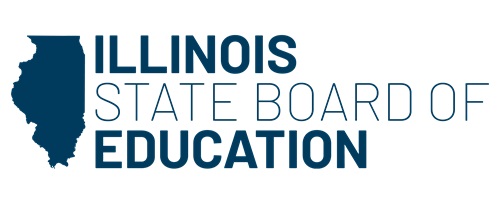Therapeutic Services
At PPA, we utilize trauma informed approaches throughout our program. This model helps staff and students incorporate knowledge and principles to promote an environment that is responsive to the needs of those affected by adverse childhood experiences. PPA promotes resilience through the Circle of Courage ™ which focuses on positive youth development based on the principles of belonging, mastery, independence, and generosity. Each PPA location has established a social-emotional committee that collects and reviews data to support the implementation of the clinical model and make recommendations to building administration and the directors throughout the course of the school year.
Students at PPA also benefit from group and individual counseling services from a number of qualified, licensed professionals. The qualifications of PPA’s program therapists include;
- Licensed Social Worker
- Licensed Clinical Professional Counselor
- Licensed Professional Counselor
- School Psychologist
Our professionals provide at least 45 minutes of group counseling per week within the classroom. Students also meet with program therapists for individual counseling as specified in a student’s IEP and as needed. Group therapy that takes place within the classroom focuses on a number of areas that address specific student needs as well as some general topics such as anger management, social skills, coping skills, empathy, etc. Additional services provided by the clinical team at PPA include but are not limited to;
- Annual College and Career Fair
- Anti-Bullying Assembly
- Volunteer Work Program
- Boy’s and Girl’s Group
- Daily Living Skill Groups
- Vocational Prep and Training Groups
Program Therapists are responsible for collecting data on each student they are assigned in relation to any social, emotional and behavior goal attainment. In addition to observational data being collected for goal progress monitoring, this data may also be used to define target behaviors and progress within a student’s Functional Analysis and Behavior Intervention Plan.

Social Emotional
Circle of Courage
Parkland utilizes a model called Circle of Courage ™ throughout our program. This model focuses on positive youth development based on the principles of belonging, mastery, independence, and generosity.


Trauma Informed
One out of every four children attending school has been exposed to a traumatic event that can affect learning and/or behavior.
—NCTSN Child Trauma Toolkit for Educators
Crisis Prevention Institute
Through Nonviolent Crisis Intervention® Parkland staff receives training that emphasizes early intervention and nonphysical methods for preventing or managing behavior.

Bullying, Intimidation, and Harassment Policy
ISBE School Code Requires all schools to post their Bullying, Intimidation and Harassment Policy on their school website. As such, the following link will take you to the above mentioned policy for Parkland Preparatory Academy.
Click a location for the respective Policy Documents:
Restraint and Timeout Reduction Plan
The Illinois State Board of Education has made legislative efforts to reduce and eventually eliminate the use of time out and physical restraint. The progress toward the reduction and eventual elimination of the use of isolated time out and physical restraint shall be measured by the reduction in the overall number of incidents of those interventions and the total number of students subjected to those interventions at all public and non-public schools in the state of Illinois. As a non-public school entity Parkland Preparatory Academy (each individual campus) will submit an annual report to the State Board on the progress made toward achieving the goals and benchmarks established by the State Board and will modify plans as necessary to satisfy those goals and benchmarks. Parkland Preparatory Academy is required to post and notify parents of this information.
Click a location for the respective RTO Documents:

DESSA Interventions
Download more information regarding:
Elyssa’s Mission
What is the goal of the SOS program?
The SOS program seeks to teach youth that depression is a treatable illness, empower them to respond to a potential suicide (themselves, a friend or a family member), and prevent teen suicide. These goals are accomplished through the ACT technique:
- Acknowledge that you or a friend may be depressed or suicidal
- Respond with Care
- Tell a trusted adult



